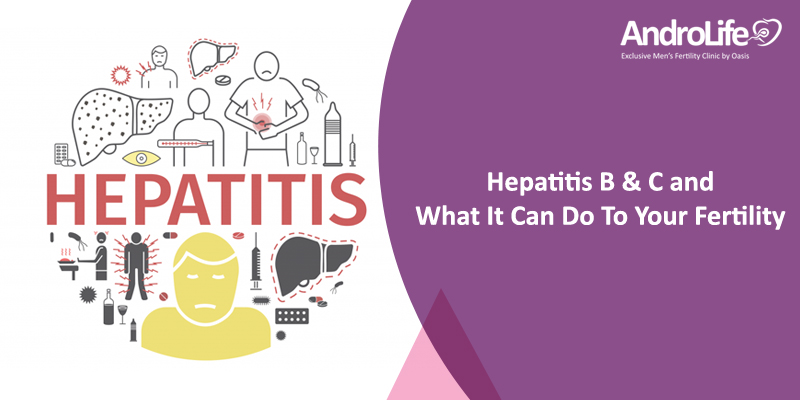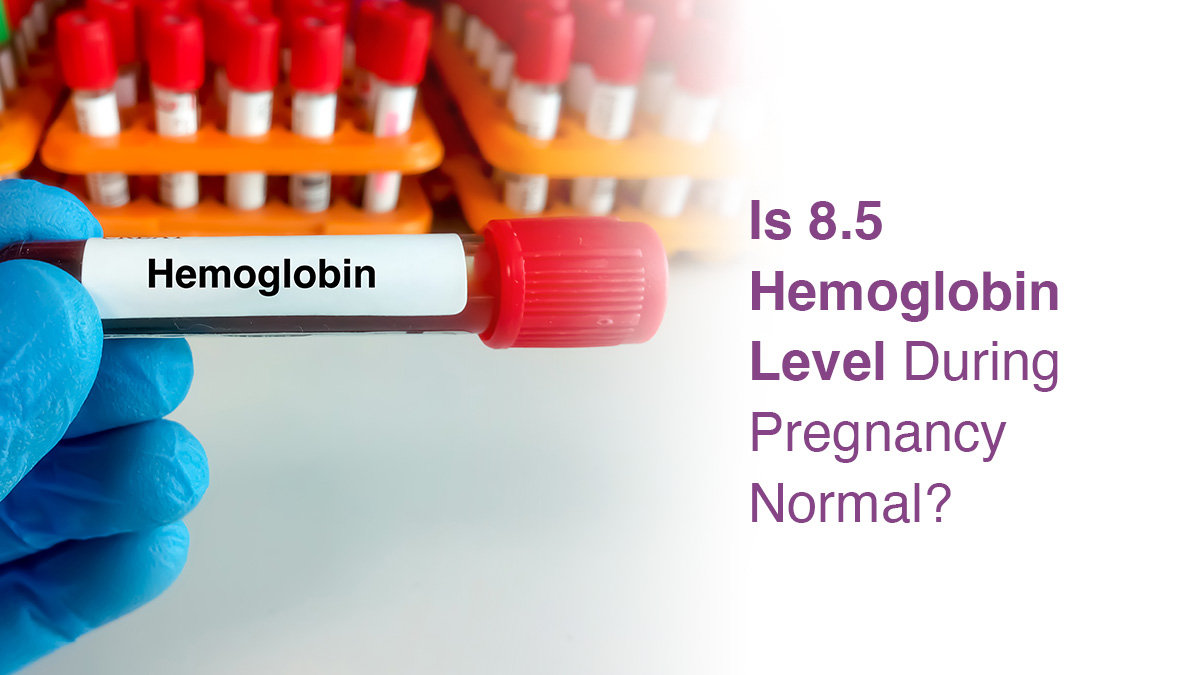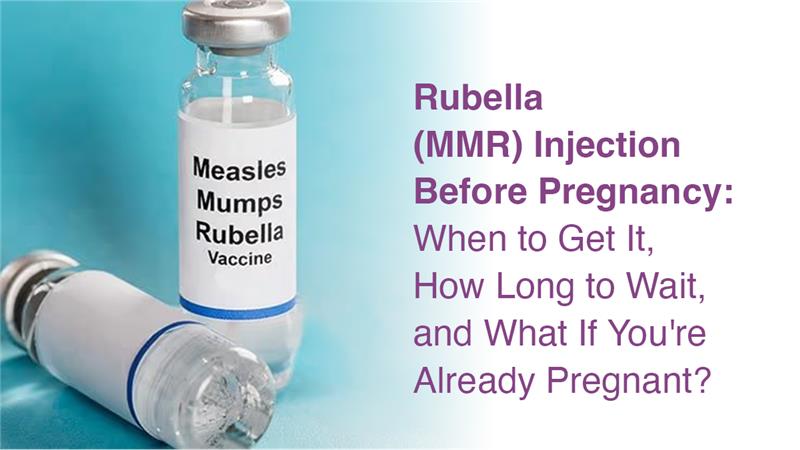
Effect of Hep B and C on male fertility

Hepatitis B and C and What it Can Do To Your Fertility
Hepatitis or viral hepatitis is a group of diseases that usually affect the liver. There are three distinct types of hepatitis, namely Hepatitis A (HAV), Hepatitis B (HBV) and Hepatitis C (HCV). Each of these viruses manifests different symptoms and have varied treatment modalities. A simple laboratory test can determine the type of hepatitis that a person is infected with.
While hepatitis can be transmitted in many different ways, it is one of the most common sexually transmitted diseases. When it comes to STDs and diseases that affect fertility, HPV, HIV, gonorrhoea and chlamydia are often focused on their long and short term effects. But in the context of the diagnosis and treatment of infertility, it is important to give viral hepatitis its due attention with more emphasis on Hepatitis B and Hepatitis C.
According to WHO, there are over 325 million people who are suffering from Hepatitis B and Hepatitis C infection. In India alone, over 40 million people have and HBV infection and around 12 million suffer from HCV. Many people are not aware that HBV and HCV is one of the leading reasons for infertility in couples.
Hepatitis B
Hepatitis B is a kind of viral liver infection. The symptoms include jaundice, fever, fatigue, stomach issues and pain, joint pain and light coloured poop. The symptoms may take up to 6 months to reveal themselves and over a third of the infected people do not feel anything. Diagnosis is often done in a blood test. HBV can commonly be transmitted through sex, sharing of needles, accidental needle punctures and from the mother to the child.
Hepatitis C
Hepatitis C is an infection of the liver that can cause serious damage to the liver. The symptoms may arise between 2 weeks and 6 months but many times the infected may not notice any symptoms. The symptoms may include fever, jaundice, fatigue, loss of appetite, nausea, stomach pain, vomiting, joint pain, jaundice, clay coloured poop and dark urine.
HCV can be transmitted by sex with the infected, having multiple sexual partners, sharing of needles and drugs, accidental infection from needles, sharing items of personal care, tattoo or piercing in an unhygienic condition and transmission of infection from the mother to her child.
Effects on male fertility
It is a known fact that many viruses can affect the sperm and cause male infertility. Studies have shown that HCV can cause a significant increase in abnormal morphology in sperm and a decreased motility. The semen volume and the sperm count is adversely affected. With the increase in the HCV viral load, the sperm count was seen to reduce correspondingly.
Similarly, the ‘S’ protein in HBV has been proven to reduce sperm motility and decrease the rate of fertilization in sperm by over half. Some studies showed that couples, where the male partner suffered from HBV, risked low fertility even after IVF.
Hepatitis B Vaccination
Vaccination is an effective and completely safe way to protect yourself and those you love from Hepatitis B. Hepatitis B is also called the first anti-cancer vaccine as it prevents liver cancer caused by hepatitis B. All infants and children under the age of 18 years old are recommended to take this vaccination. It is also advised that those who have diabetes or are at a higher risk of infection with hepatitis due to lifestyle, country of birth, living situation or jobs also take the hepatitis B vaccination. Sexually active people, those with multiple sexual partners and the sexual partner of a known or suspected hepatitis B positive person should also consider the hepatitis B vaccine.
If you have been exposed to viral hepatitis or suspect an exposure, it may be wise to talk to your doctor about it and have yourself tested. If you are planning a baby by natural means or through ART, be sure to talk to your fertility expert about hepatitis.


fill up the form to get a
Free Consultation
Avail 0% interest on EMI
All Procedures | No Upper Limit
How we reviewed this article:
- Current Version
- August 2, 2021 by Oasis Fertility





